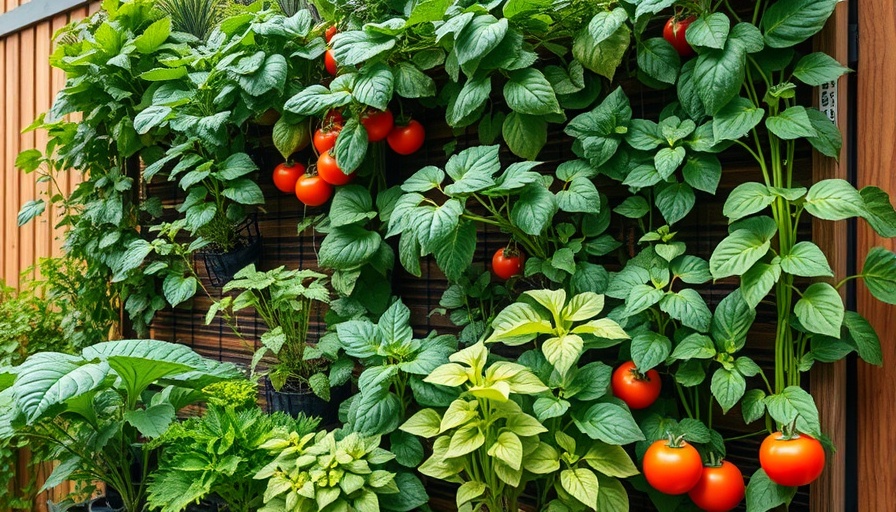
Turning the Tide: How Seaweed is Tackling Plastic Pollution
In an age where plastic pollution has reached alarming levels, one innovative startup is harnessing the power of nature to create sustainable packaging solutions. Notpla, co-founded by Pierre Paslier, is pioneering the use of seaweed as a feasible and eco-friendly alternative to plastic. With some species of seaweed growing as fast as a meter per day, the potential is immense. Let's explore how this revolutionary company is reshaping perceptions of packaging and combating environmental challenges.
In 'Super Seaweed Solving the Plastic Problem,' the discussion dives into innovative packaging solutions using seaweed, prompting us to explore Notpla’s transformative impact.
The Seed of Change: What is Notpla?
Founded in London, Notpla is driven by a commitment to reduce single-use plastics that predominantly end up in our oceans. Through their innovative edible packaging, known as Oho, which resembles a transparent fruit-like bubble, Notpla is redefining how we think about convenience and consumption. This product is not just a novelty; it’s a practical solution for a significant environmental issue, replacing billions of single-use plastics globally.
The Ripple Effects of Marine Innovation
Why seaweed, you might ask? This marine plant is not only versatile but also contributes to marine ecosystems. By farming seaweed, Notpla aids in biodiversity as it nourishes marine life, and captures carbon, helping combat climate change. As a renewable resource that requires no fresh water, fertilizers, or pesticides, seaweed stands out as an eco-friendly raw material. This offers a bright outlook not just for packaging but for sustainable living in general.
Supporting a Sustainable Future Through Collaboration
The path to sustainability is seldom solo. Upon winning the Earthshot Prize and receiving a £1 million grant, Notpla amplified its mission, establishing partnerships with influential organizations and securing collaborations with major events like the London Marathon. Such partnerships are essential in scaling up production and distributing their innovative products, proving that sustainability can coexist with large-scale operations.
Addressing Common Misconceptions About Sustainability
One prevalent misconception in the sustainability community is the belief that biodegradable products are entirely harmless. However, greenwashing can create confusion, leading consumers to believe they are making eco-friendly choices when that may not be the case. By advocating for transparency in product development and labeling, companies like Notpla are setting an example for others to follow.
A Future with Less Plastic: What You Can Do
The call to action is clear: as consumers, we can reduce plastic use by supporting brands that prioritize sustainability. Amid rising awareness, we hold the power to choose environmentally-friendly products. Whether it’s seeking packaging-free alternatives or using brands like Notpla in everyday life, these small decisions contribute to a larger impact.
To join the movement, visit Notpla's website or follow their journey on social media. Share your experiences using eco-friendly products and encourage friends and family to think critically about their packaging choices, creating a ripple effect of positive change.
 Add Row
Add Row  Add Element
Add Element 


 Add Row
Add Row  Add
Add 


Write A Comment